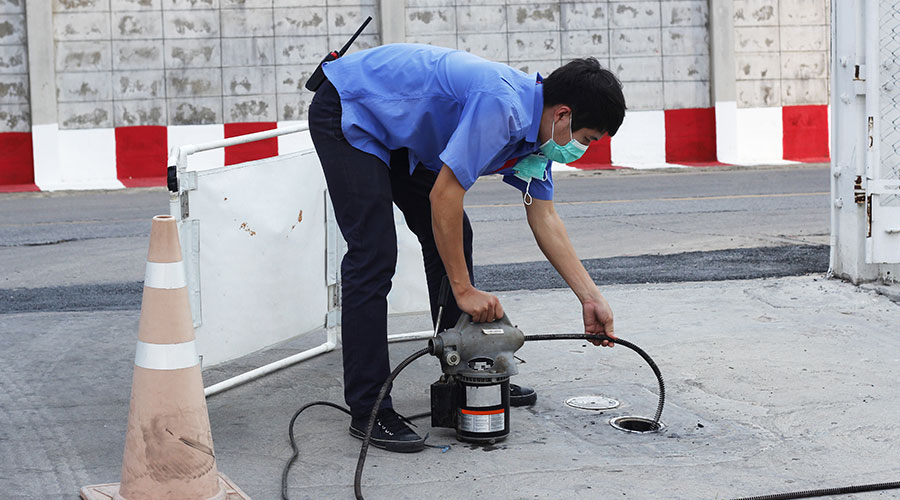The Role of the Commissioning Agent
What role can the commissioning agent play on an ongoing basis to help facility managers ensure the building is operating as efficiently as it was designed to?
A significant element of the commissioning process is training of the FM staff who will be responsible for operating the new facility. The commissioning agent serves as an important resource to owners to confirm that staff members are receiving credible training that is site-specific and relevant. Including operators throughout the construction process is valuable as a training tool for FM staff. Not only does the commissioning process verify that the appropriate FM staff and operators are formally trained to operate and maintain each item of equipment, the process also confirms that the operators fully understand how integrated systems function and how systems interface with others to run the building efficiently. Commissioning agents can monitor training and verify that the trainers and the FM staff understand the unique strategies that drive design intent and control sequences in all modes of operation in normal / alternative and emergency operations. In addition to training, it is also important that the commissioning agent verify that the FM team has received adequate documentation on the new facility’s systems and equipment.
At Heery, we believe that the owner’s staff should take an active role during acceptance testing of the building systems. This is another way of familiarizing FM staff with the building’s systems and how they function. Acceptance testing demonstrates how the systems are set up to operate effectively and efficiently, while the functional testing process demonstrates how to check whether optimal performance is being maintained on a ongoing basis. A robust commissioning process demonstrate the correct techniques to be employed to evaluate ongoing system performance and re-optimize systems that are identified as poorly performing, by continuously re-commissioning systems as part of a planned operational regimen that is employed throughout the life of a facility. Alternatively, especially in buildings with high churn rates, the owner can undertake a continuous commissioning regimen that provides periodic health checks of the building and assists when changes of use or remodels are planned.
Related Topics:














